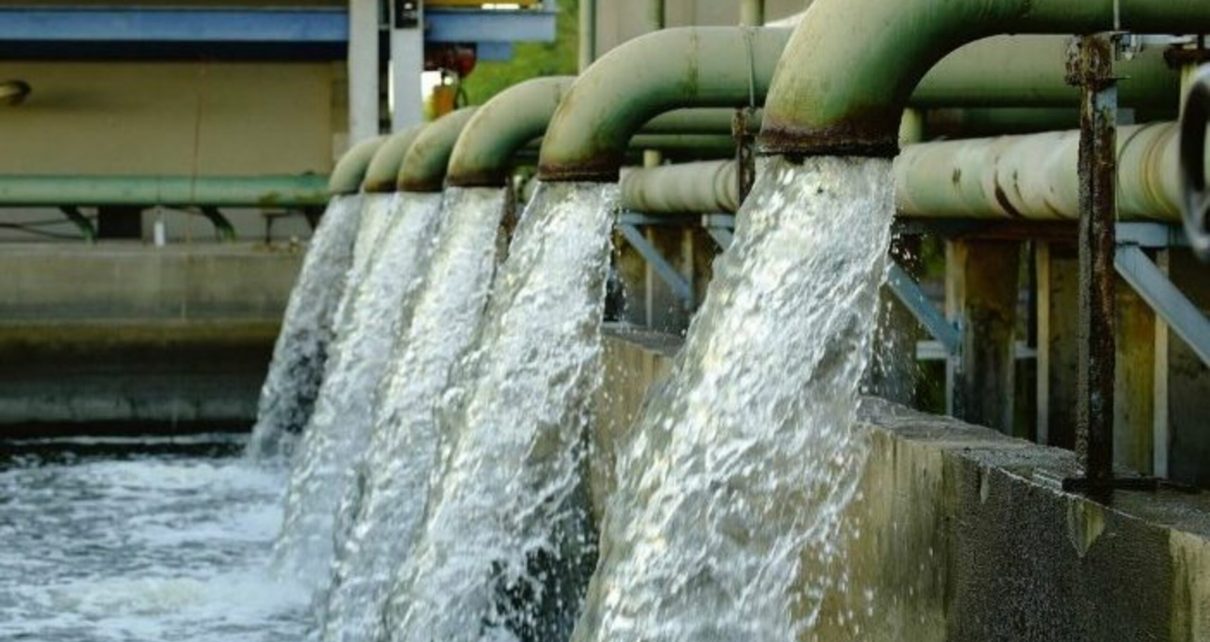The sealing of Coca-Cola, Guinness, and Peak Milk factories in Lagos during the Christmas holiday season could significantly impact revellers. These companies produce popular beverages and products that are in high demand during festive celebrations. With the factories shut down, there could be shortages of these products, leading to increased prices and limited availability. This might dampen the festive spirit for many who look forward to enjoying these drinks during their celebrations.
The Lagos State Government has taken decisive action against the three major companies for extracting large quantities of groundwater without proper authorisation. This action underscores a critical point: the government’s alternative water sources, such as rainwater harvesting and desalination, remain inadequate to meet the population’s growing water needs.
Under the Environmental Management Protection Law (EMPL) 2017, unauthorized groundwater abstraction and operating without a license are classified as offenses. Violators face significant penalties, including the sealing of their premises and other legal actions. The government has urged all entities utilizing groundwater for production, consumption, or distribution to regularize their operations promptly.
Alternative sources of potable water supply in Lagos include rainwater harvesting, desalination of seawater, and the Lagos State Water Supply Master Plan. However, these sources are not yet adequate to meet the city’s growing demand. The Lagos State Water Corporation (LSWC) estimates daily water demand at 540 million gallons per day (MGD), while production is currently at 210 MGD with many taps in the metropolis going dry for years.
Residents find themselves buying gallons of water from water vendors (mai ruwa) for domestic use or water in pure water bags for drinking.
The indiscriminate sinking of boreholes in Lagos has led to groundwater overdraft, saltwater intrusion, and subsidence. This practice poses significant risks to public health and infrastructure development. Individuals and firms seeking to sink their own boreholes are expected to comply with regulatory provisions to avoid penalties, while contributing to sustainable groundwater management.
The Lagos State Government has the responsibility to ensure compliance with regulatory provisions to protect the environment and public health. In this wise, the government has called for a holistic approach to water management, including the reduction of over-extraction and the promotion of fair and transparent regulation of the water sector.


